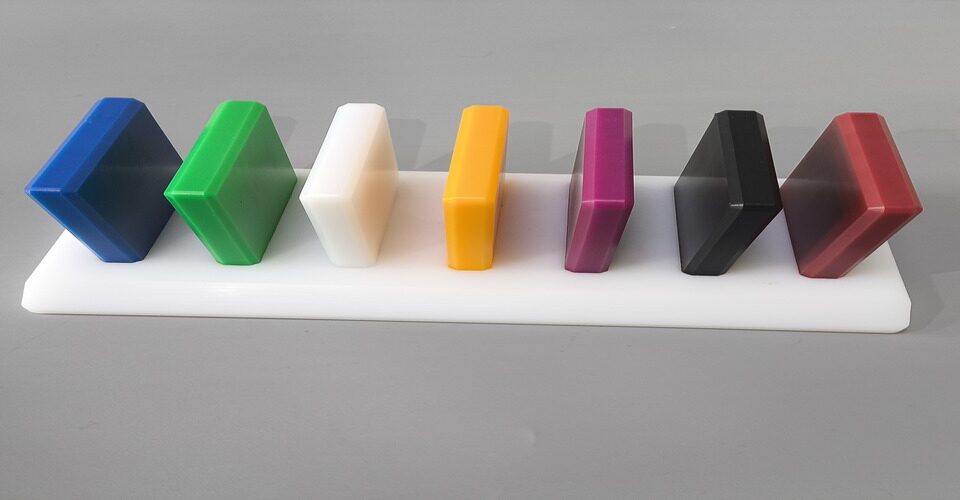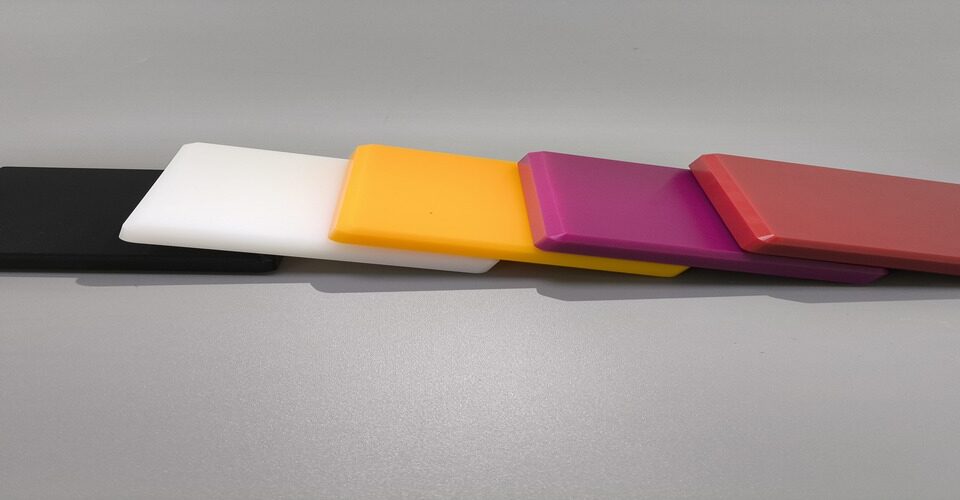
What material is used for machining PEEK plastic?
January 10, 2025
What are the properties of PTFE sheet?
January 13, 2025Bakelite is a type of polymer, specifically a thermosetting plastic. It was one of the first synthetic plastics ever created and played a significant role in the development of modern polymers. Bakelite is known for its unique properties, such as electrical insulation, heat resistance, and durability, which contributed to its widespread use in the early 20th century.
Bakelite as a Polymer
As a polymer, Bakelite is made through the polymerization of phenol and formaldehyde, a process initiated by heat and pressure. The resulting material is rigid and can’t be re-melted or reshaped once it has cured, making it a thermosetting plastic. This distinguishes it from thermoplastic materials, which can be reheated and molded multiple times. Bakelite’s polymer structure provides excellent electrical insulation and resistance to heat and chemicals.

Not a Metal or Ceramic
Bakelite is not a metal or ceramic. Unlike metals, which are typically good conductors of heat and electricity, Bakelite is an insulator, making it ideal for electrical applications. Unlike ceramics, which are often brittle and rigid, Bakelite is relatively strong and resistant to cracking. Its durability and resistance to deformation under heat and pressure made it a popular choice for a variety of products, from electrical components to household items like buttons and handles.
Applications of Bakelite
Due to its properties as a polymer, Bakelite found numerous applications, particularly in electrical insulators, automotive parts, and telephones. It was a revolutionary material in its time, and its legacy continues in the use of thermosetting plastics today.






